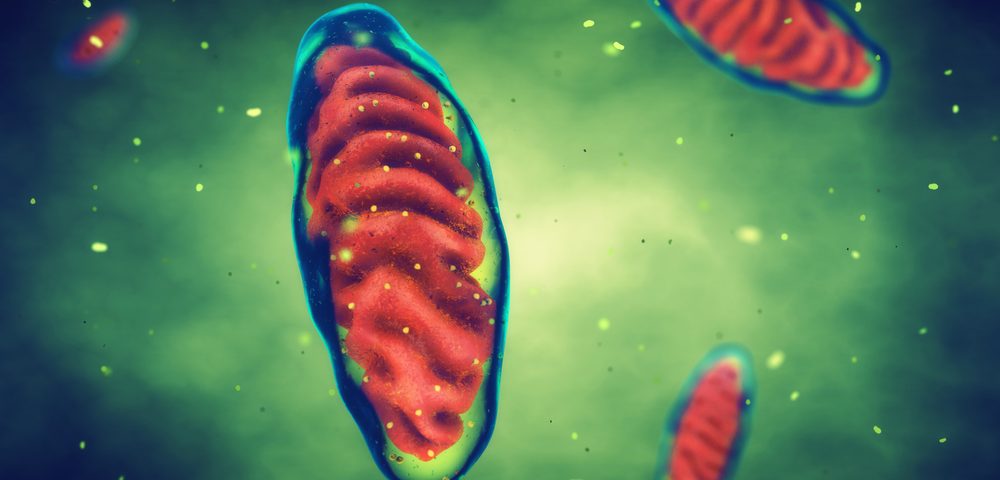A major problem treating an aggressive form of prostate cancer is that it develops resistance to the androgen therapies used to combat it.
One solution could be targeting the cancer’s energy-creating mechanism, according to a study. Prostate cancer burns fat to create energy. Researchers discovered that blocking this metabolism process makes an androgen treatment known as Xtandi (enzalutamide) more effective against castration-resistant prostate cancer, or CRPC.
The preclinical-trial study, conducted in prostate cancer cells grown in a lab and in animal models, showed that a CPT1A inhibitor called ranolazine works in synergy with Xtandi to reduce tumor growth.
The research, “Lipid catabolism inhibition sensitizes prostate cancer cells to antiandrogen blockade,” was published in the journal Oncotarget.
“This is a huge development for men with CRPC who previously did not have many options,” Dr. Isabel Schlaepfer, the study’s senior author, said in a press release. “There is a critical need for improved therapies for this specific cancer type,” said Schlaepfer, an assistant professor at the University of Colorado Cancer Center.
Although androgen therapies like Xtandi and Zytiga (abiraterone acetate) help metastatic CRPC patients live longer, virtually all become resistant to the drugs.
Most cancers use glucose as their main energy source, but prostate cancer’s fuel is lipids, or fat. Research suggests that lipid metabolism helps prostate cancer cells stymie androgen therapies.
This means that targeting prostate cancer’s lipid-burning process could be a way to treat the disease.
The Colorado study focused on the CPT1A enzyme’s role in delivering long chain fatty acids to mitochondria, cell components that convert food to energy.
“We had to find a way to block this pathway so that the cancer would not be able to burn lipid in the mitochondria to acquire energy to resist therapy,” Schlaepfer said.
The team decided to try ranolazine, a therapy that the U.S. Federal Drug Administration has approved for treating chest pain, or angina.
A combination of ranolazine and Xtandi inhibited the growth of prostate cancer cells in a laboratory and in animal models of the disease, researchers found. This was true even in tumors that had become resistant to Xtandi.
“This finding may have a huge impact on patients with CRPC that had very few options before,” Schlaepfer said. “Since the drugs are clinically safe, a clinical trial can be designed in patients for whom enzalutamide is prescribed.”

